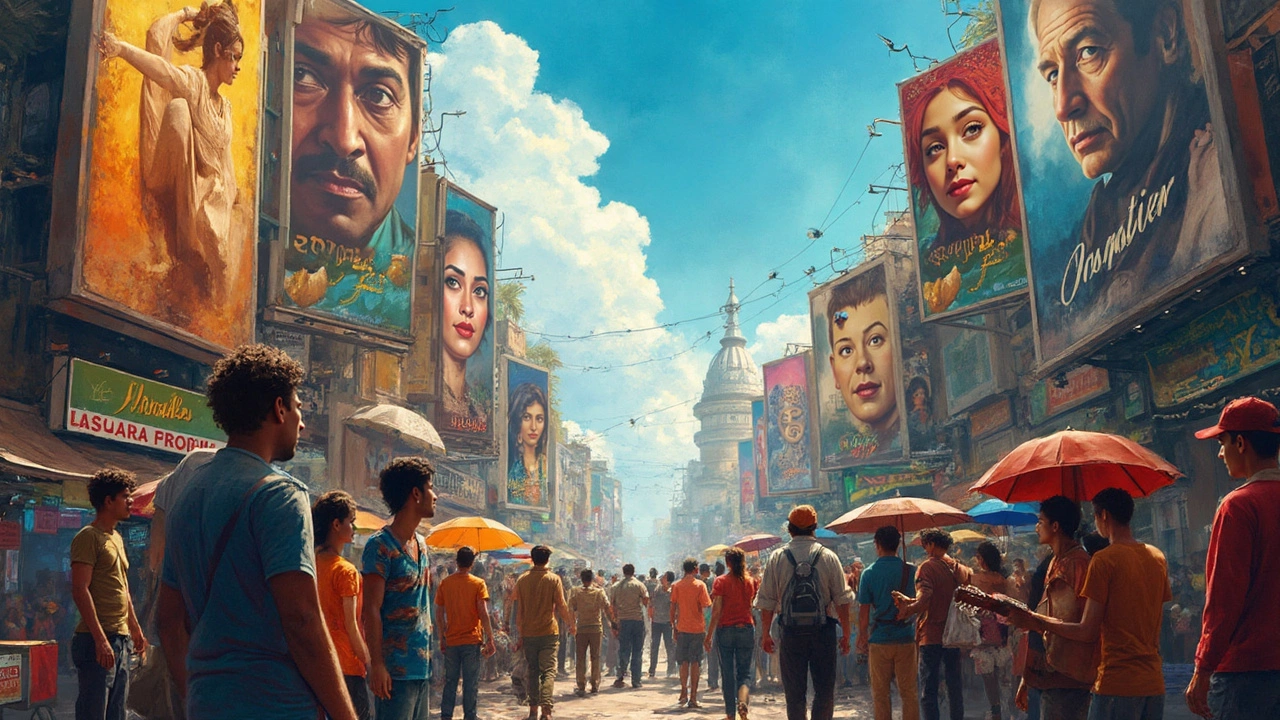Media and Books: How Stories Move Beyond the Page
When we talk about media, the systems and platforms that share stories, news, and ideas across society. Also known as communication channels, it includes everything from book review websites and social media threads to TV shows and podcasts that turn books into conversations. It’s not just about selling books—it’s about how those books get noticed, discussed, and remembered. A book doesn’t live in isolation. It travels through reviews, recommendations, memes, and cultural debates. That’s where media steps in.
Think about the book review website, a digital space where readers share honest opinions, ratings, and deep dives into what a book really means. Also known as reading communities, it’s where Goodreads, LibraryThing, and smaller niche forums turn silent readers into active participants. These sites aren’t just lists—they’re living archives of real reactions. People don’t just say "I liked it." They explain why a character stayed with them, how a plot twist changed their view of trust, or why the writing felt flat. That’s the kind of feedback no ad campaign can fake.
And then there’s the cultural narrative, the deeper story a society tells itself through books, films, and shared beliefs. Also known as collective memory, it’s why the Bible keeps showing up as the most stolen and most purchased book—not because it’s sacred to everyone, but because it’s everywhere, and its story is woven into laws, art, and even pop culture. When a book becomes part of a cultural narrative, it stops being just a product. It becomes a reference point. That’s why topics like the science of reading, adventure girl archetypes, or the oldest adventure story keep coming up—they’re not just book facts. They’re pieces of how we understand ourselves.
Media doesn’t just report on books. It shapes what we think they’re about. A thriller on Netflix can make you revisit old psychological novels. A viral TikTok review can bring a forgotten Indian author back into print. A podcast dissecting the Quran’s timeline can spark a whole new interest in ancient texts. These aren’t random trends. They’re signals—clues about what readers are really curious about.
Below, you’ll find posts that cut through the noise. No fluff. No guesswork. Just real questions people are asking: Is Goodreads still free? What’s the most stolen book in the world? Why does a 4,000-year-old epic still feel relevant? These aren’t trivia. They’re the building blocks of how books live in today’s world. Whether you’re looking for the next book to read, trying to understand why certain stories stick, or just wondering how reviews actually work—this collection has answers that come from real readers, real data, and real conversations.

Popular Culture Text: Unpacking Everyday Stories
Popular culture texts are all around us, including TV shows, movies, music, and internet memes. These texts shape our perceptions and influence how we interact with the world. By examining these everyday narratives, we get insight into societal values and trends. Discover how these cultural elements fit into our daily lives and what they say about our communities.
View More